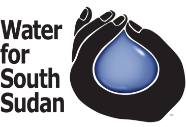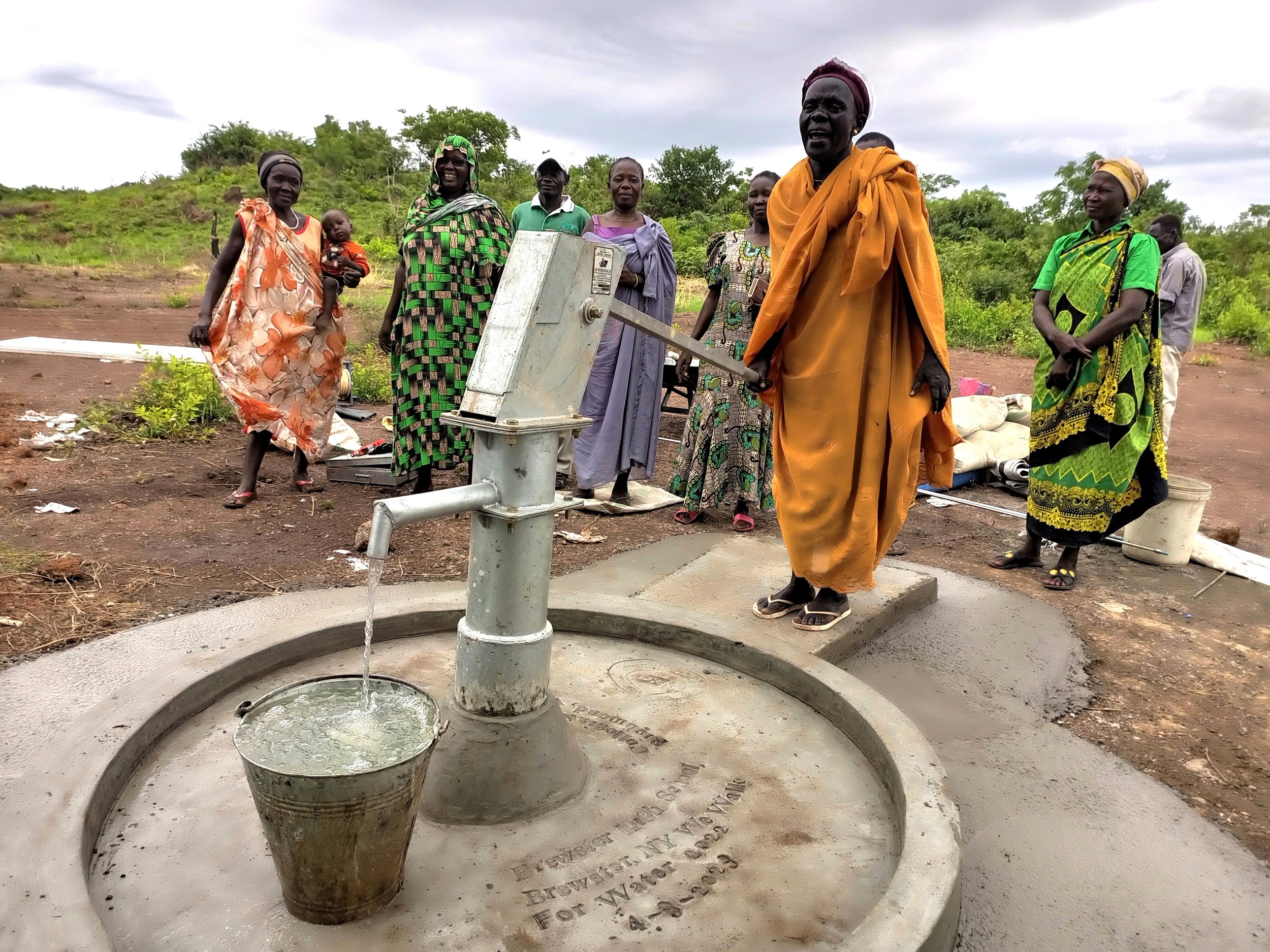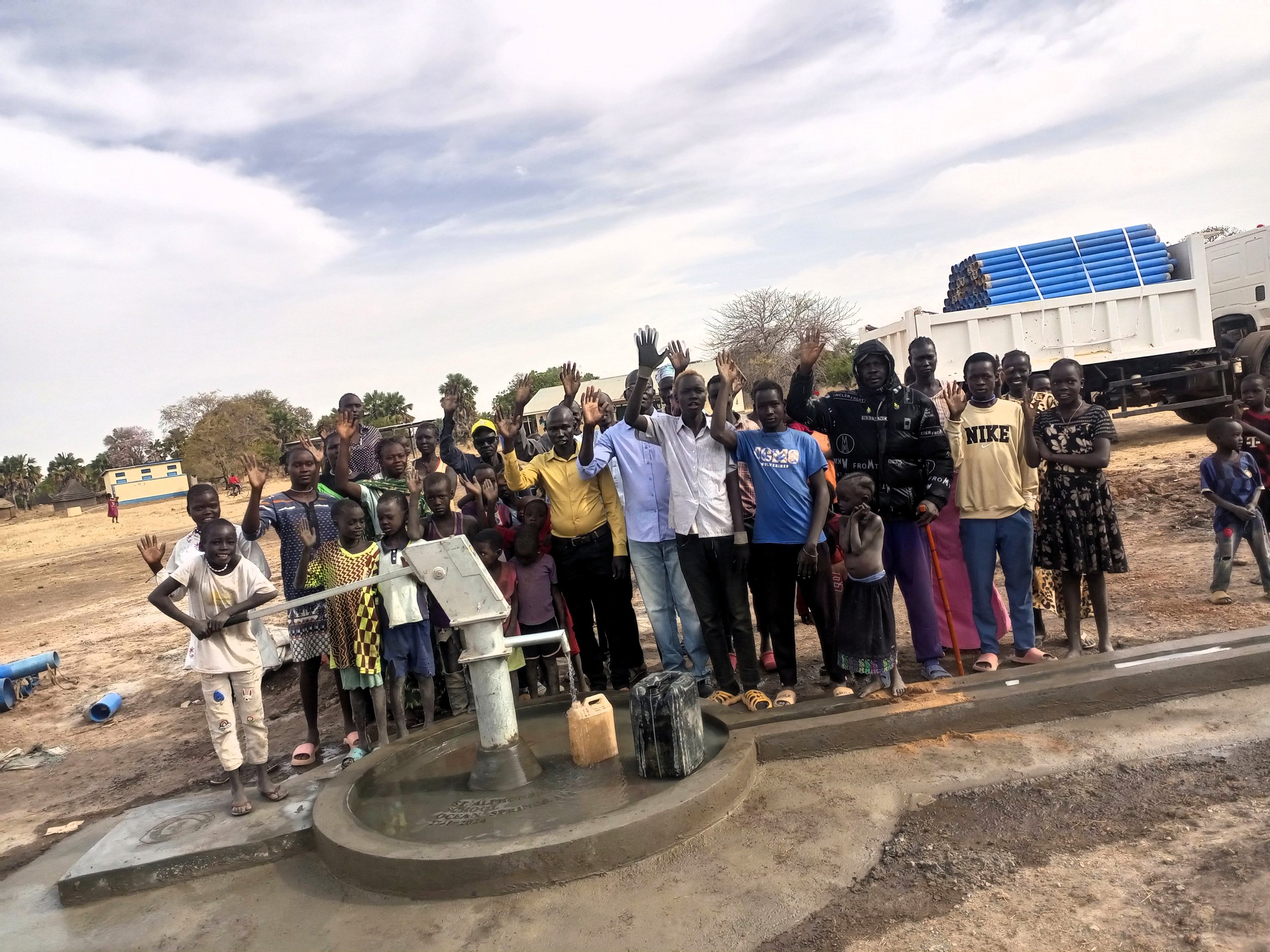
Water Wells
How to build a well in South Sudan
Access to clean water in South Sudan transforms lives, empowering families and strengthening communities. When safe, reliable water is available, villages can thrive, children can attend school, and families have more opportunities to prosper.
Based in Wau, our operations teams travel to remote villages in the Bahr el Ghazal region of South Sudan, where access to safe drinking water is extremely limited. Many communities rely on contaminated water sources, putting individuals and the broader community at serious health risk.
Building wells in South Sudan is more than installing infrastructure—it’s about creating long-term impact.
Water for South Sudan works closely with local governments and community leaders to identify the best locations for wells, ensuring the greatest benefit for each village. Our approach focuses on sustainable water projects, combining well construction with ongoing maintenance training, so communities have reliable access to clean water every day.
Through these efforts, community water access becomes a catalyst for health, education, and economic growth. Every well we build brings hope and opportunity to families in South Sudan.
Drilling Facts
WFSS has drilled more than 600 wells since 2005.
More than 500,000 people now have access to safe water.
Our drilling teams work during the dry season: December to May.
Every new water well takes three to seven days to complete.
One well pumps approximately 1,800 gallons (6,814 liters) per day.
1-2 people in each village are trained in basic well maintenance to ensure common repairs can be made.
Communities are connected to local supply chains for spare parts.
Each well serves between 500-1,000 people and is shared with everyone.
Ensuring Sustainable Wells
We also require that community members construct a fence around each well. The fence is typically made of locally sourced wood and is designed to keep animals from trampling the well platform and cracking the cement. Without fencing, animals can trample on the cement and damage the platform, jeopardizing the well, all the donations and work that supported it, and the people who drink from it to survive.
Sustainability is critical to our mission. We empower communities with the tools they need to keep wells working and clean water flowing by encouraging the construction of well fencing and educating communities on simple ways to maintain their wells long after WFSS has left their village.
Well Rehabilitation
WFSS strives for sustainability in all we do. When a well breaks, people lose access to a freshwater source.
Launched its rehabilitation team in 2017 to repair older wells.
The rehab team returns to older wells to replace broken parts and upgrade the cement platforms around the wells.
The cement platform and animal watering trough are repaired using a more robust design standard to ensure many more years of use.
Because broken wells in Africa are a big problem, field teams also respond to community requests to repair wells drilled by other organizations.
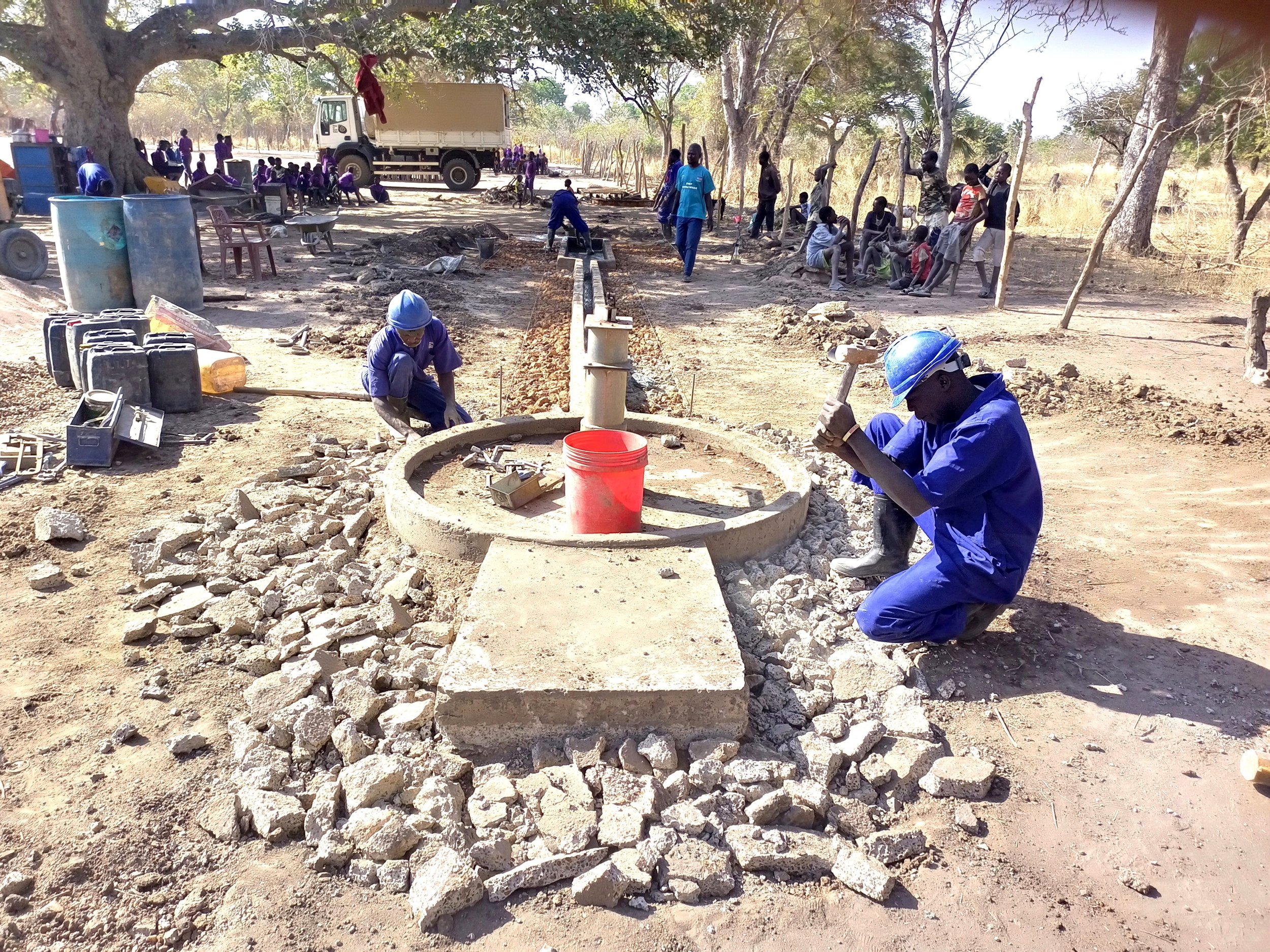
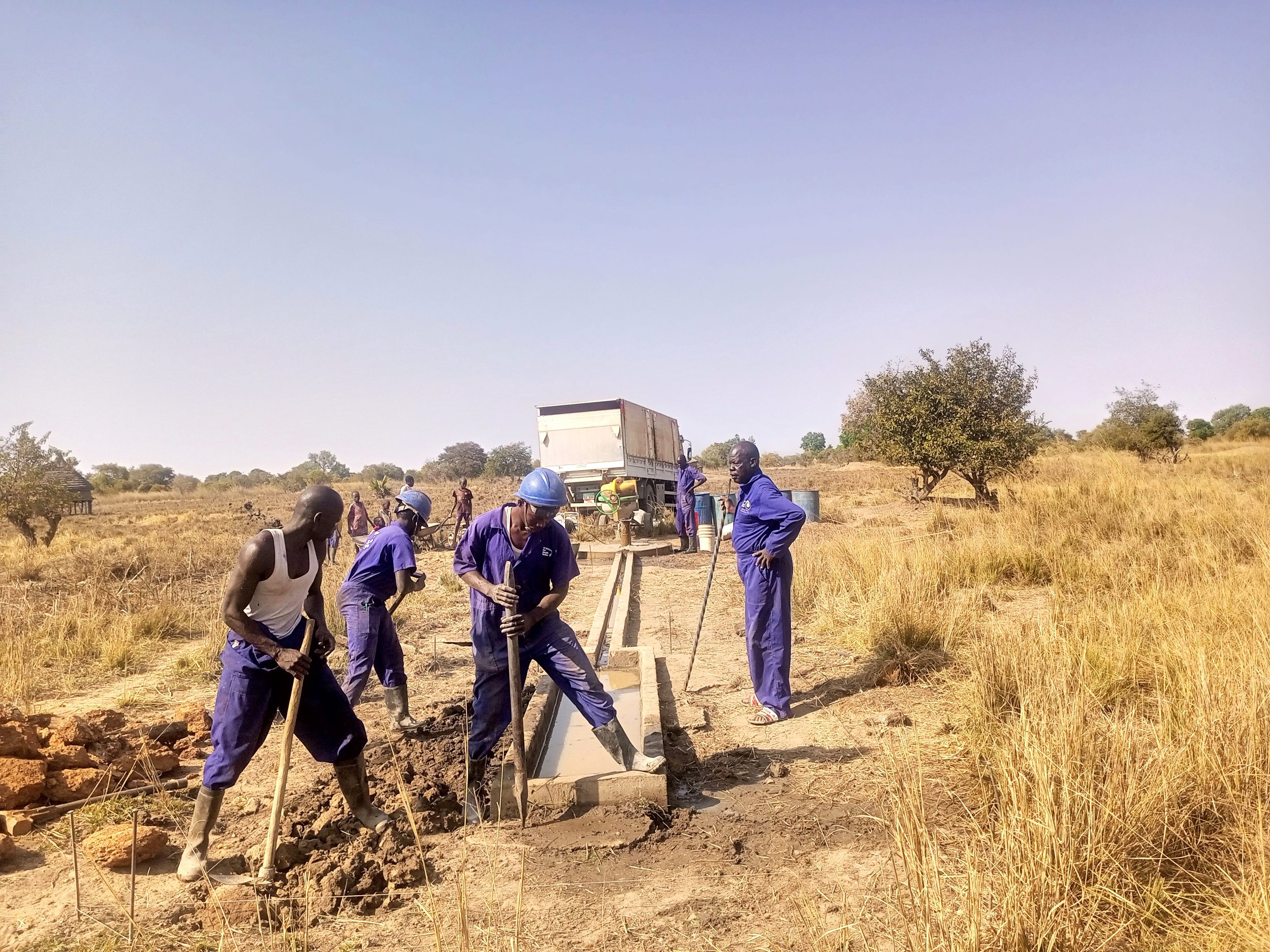
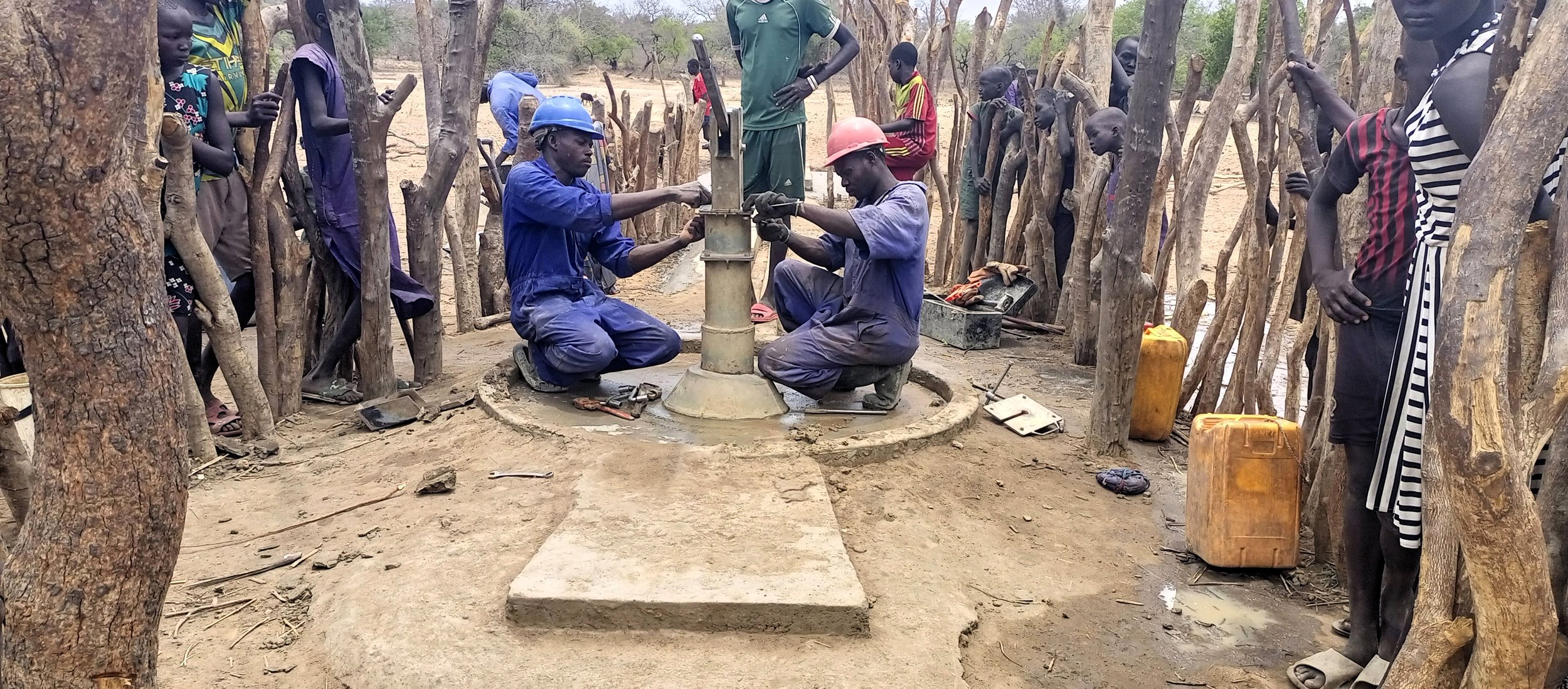
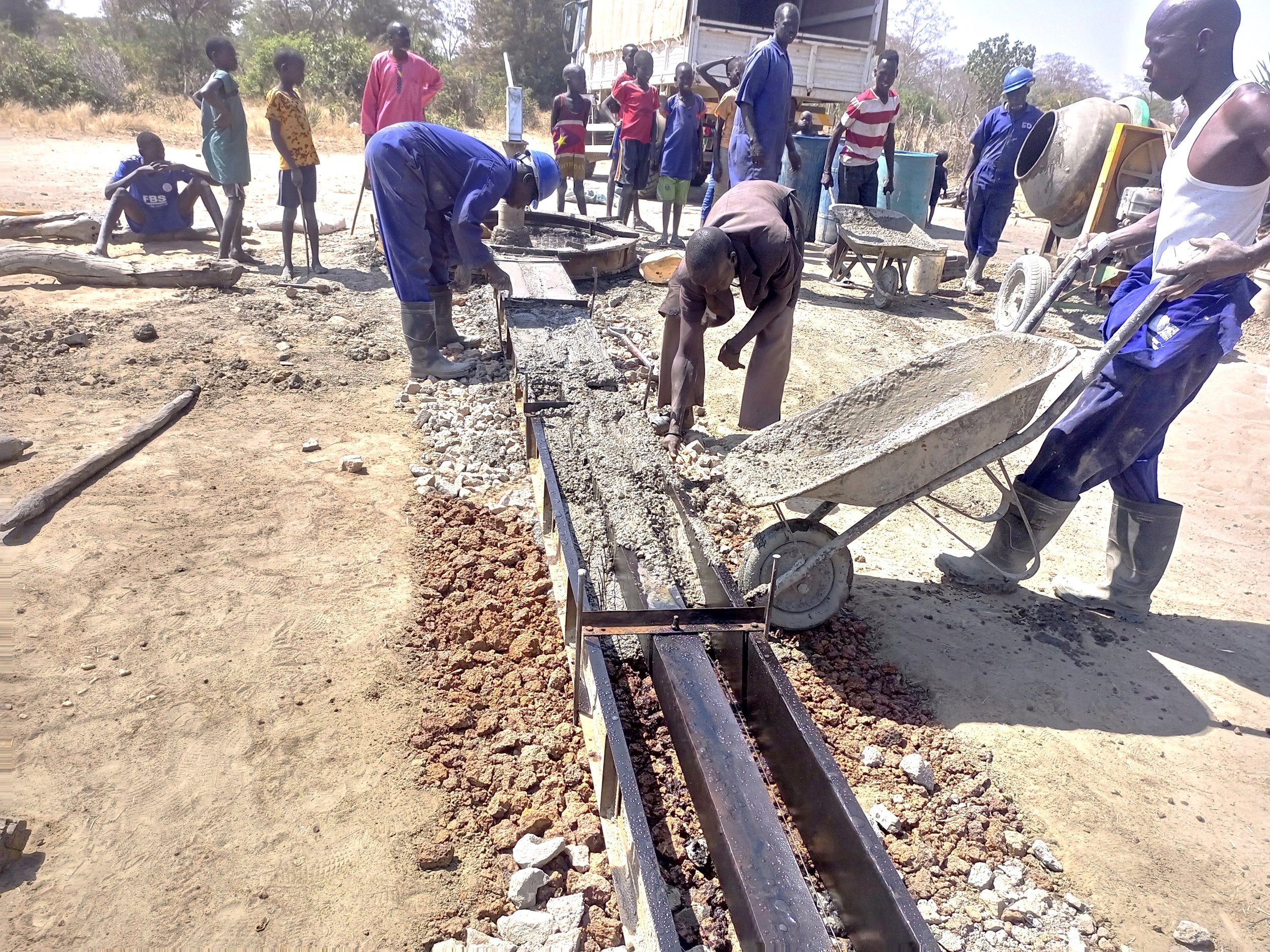
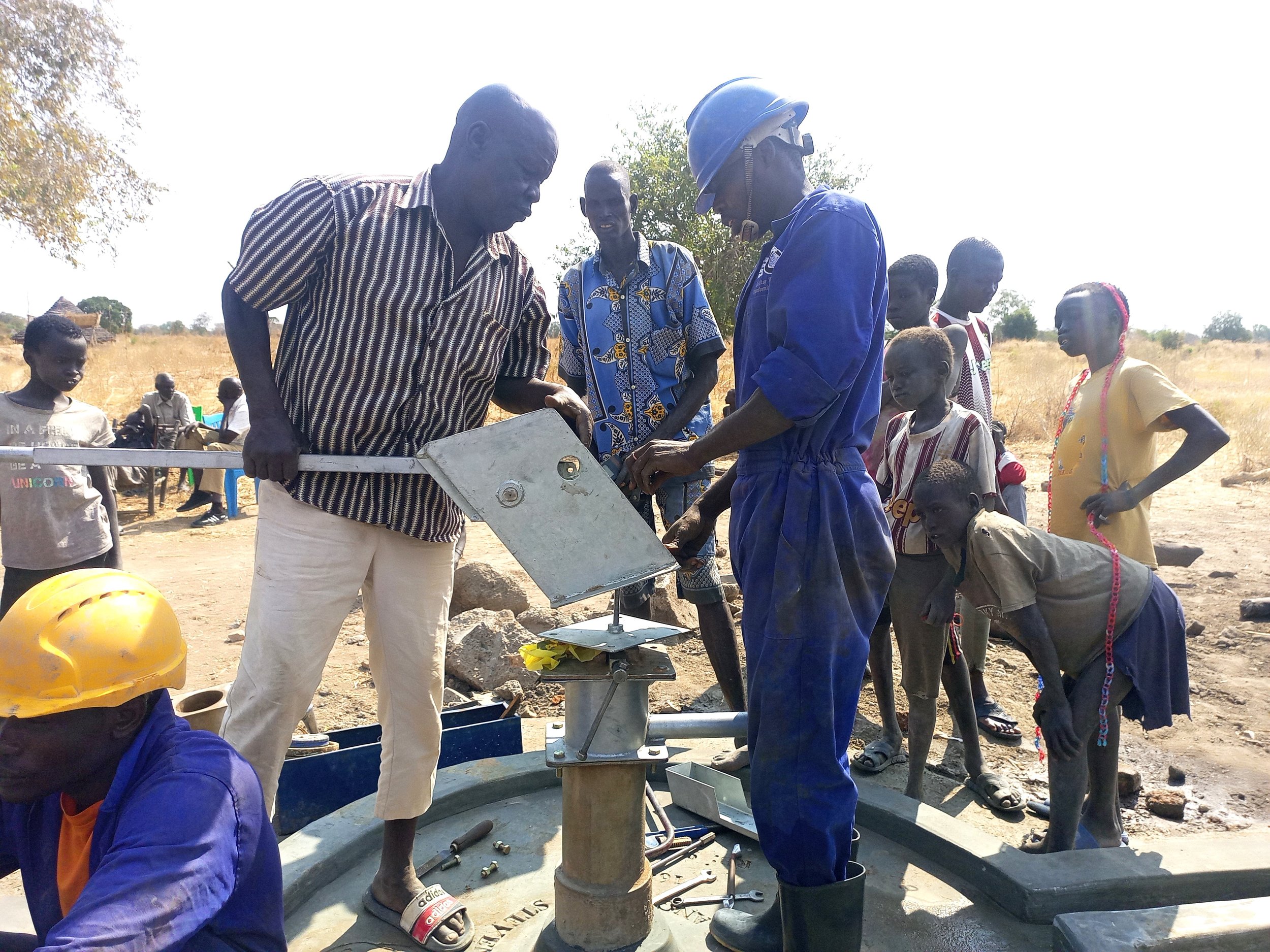
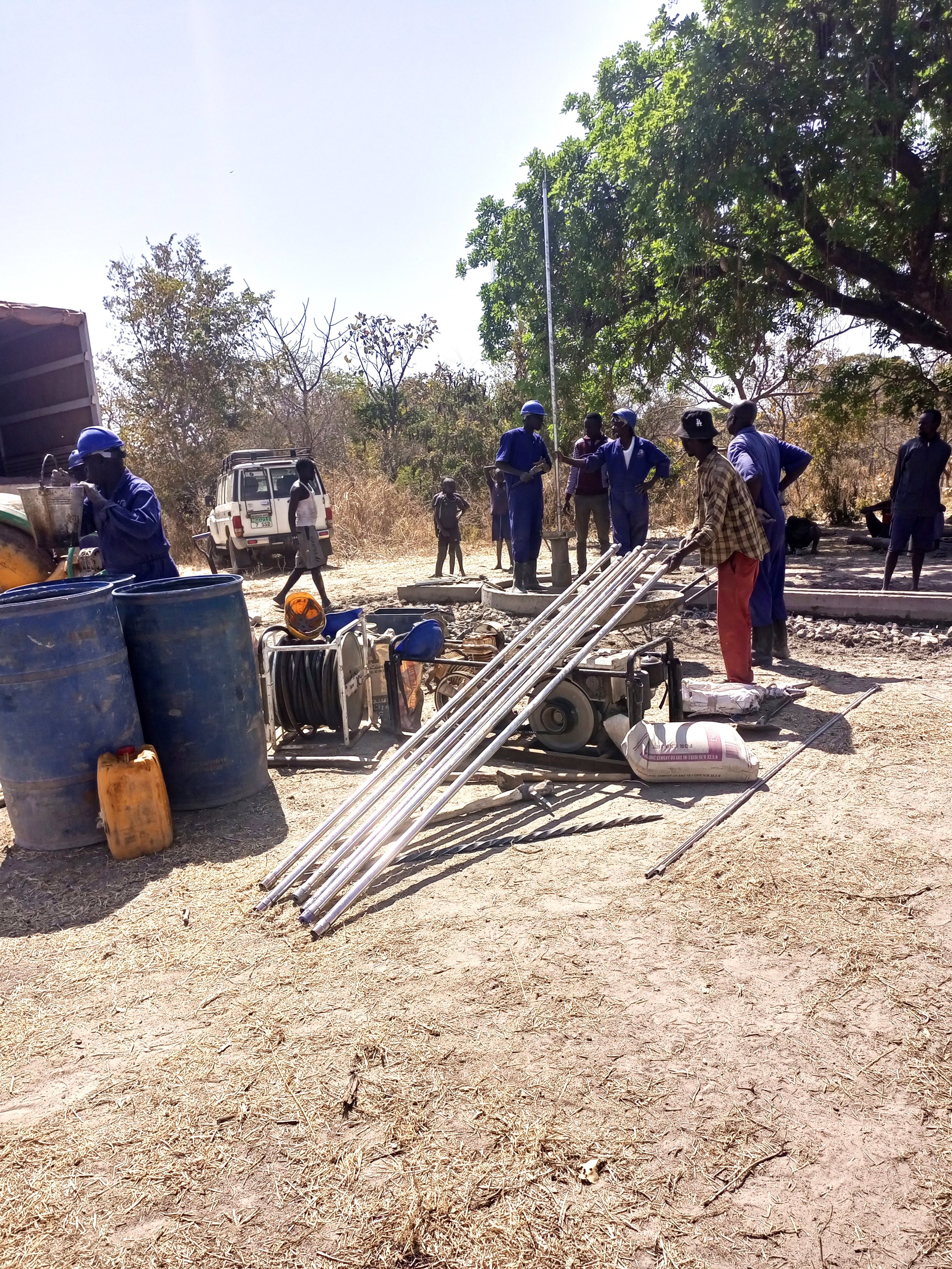
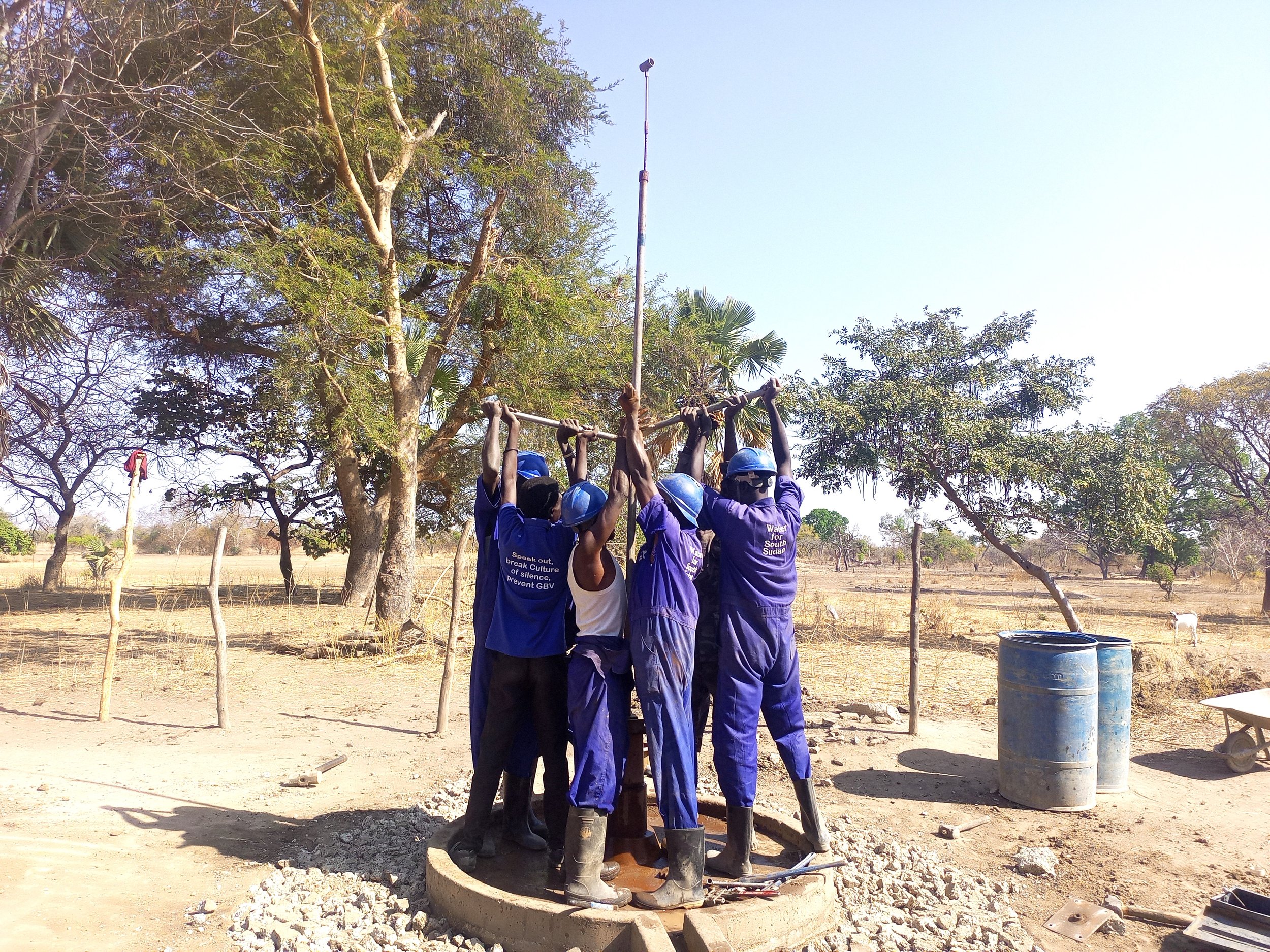
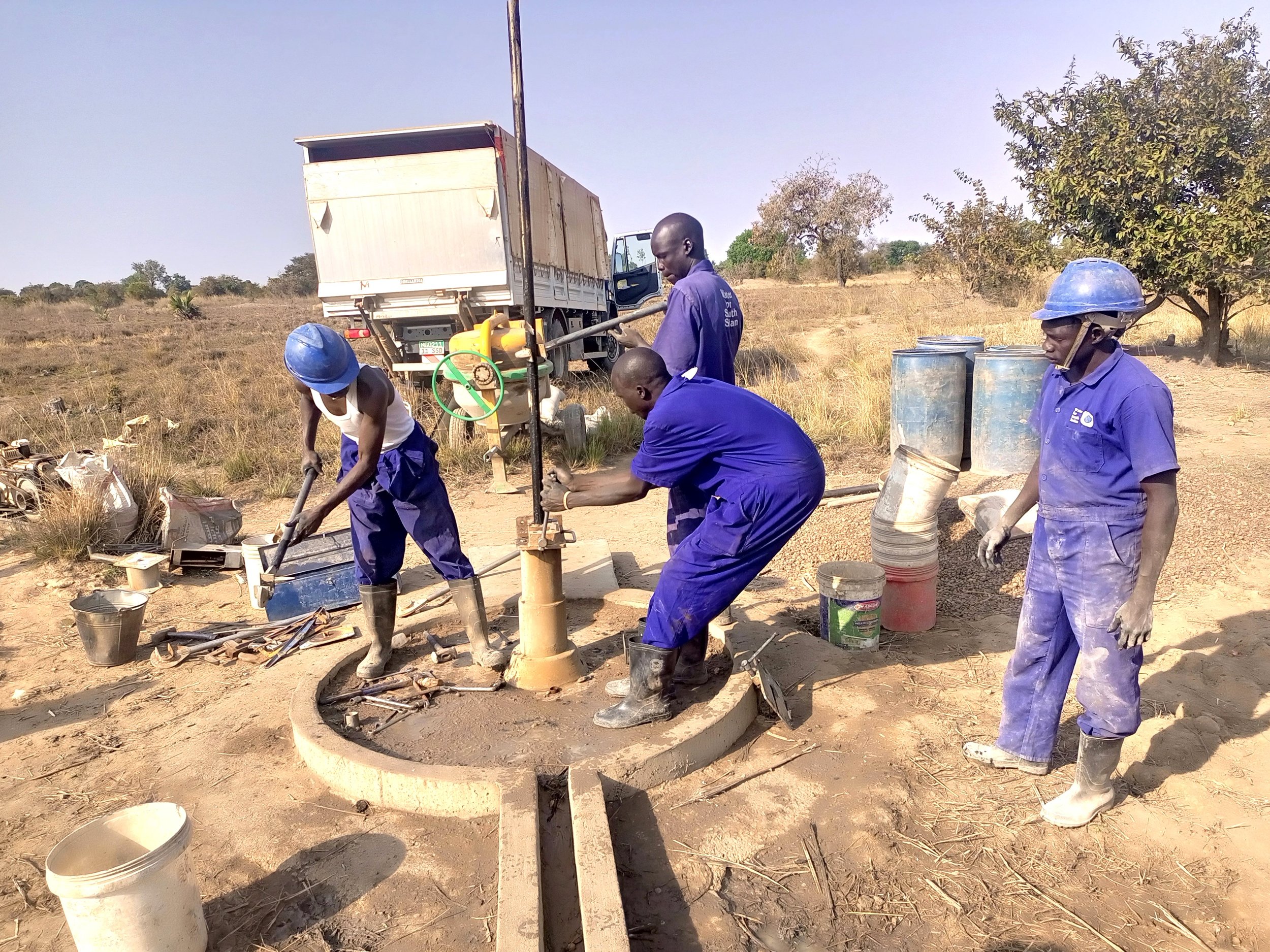
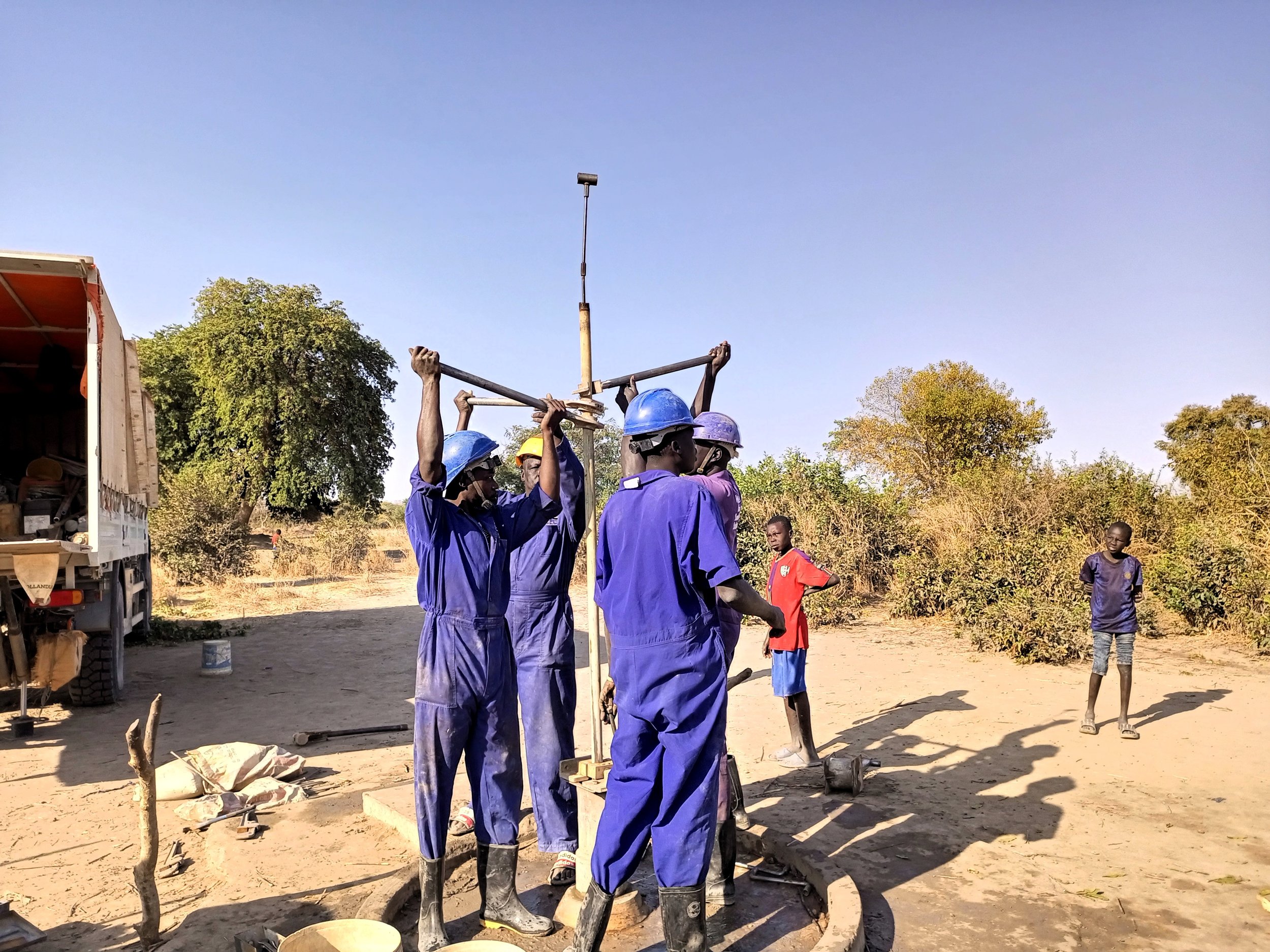
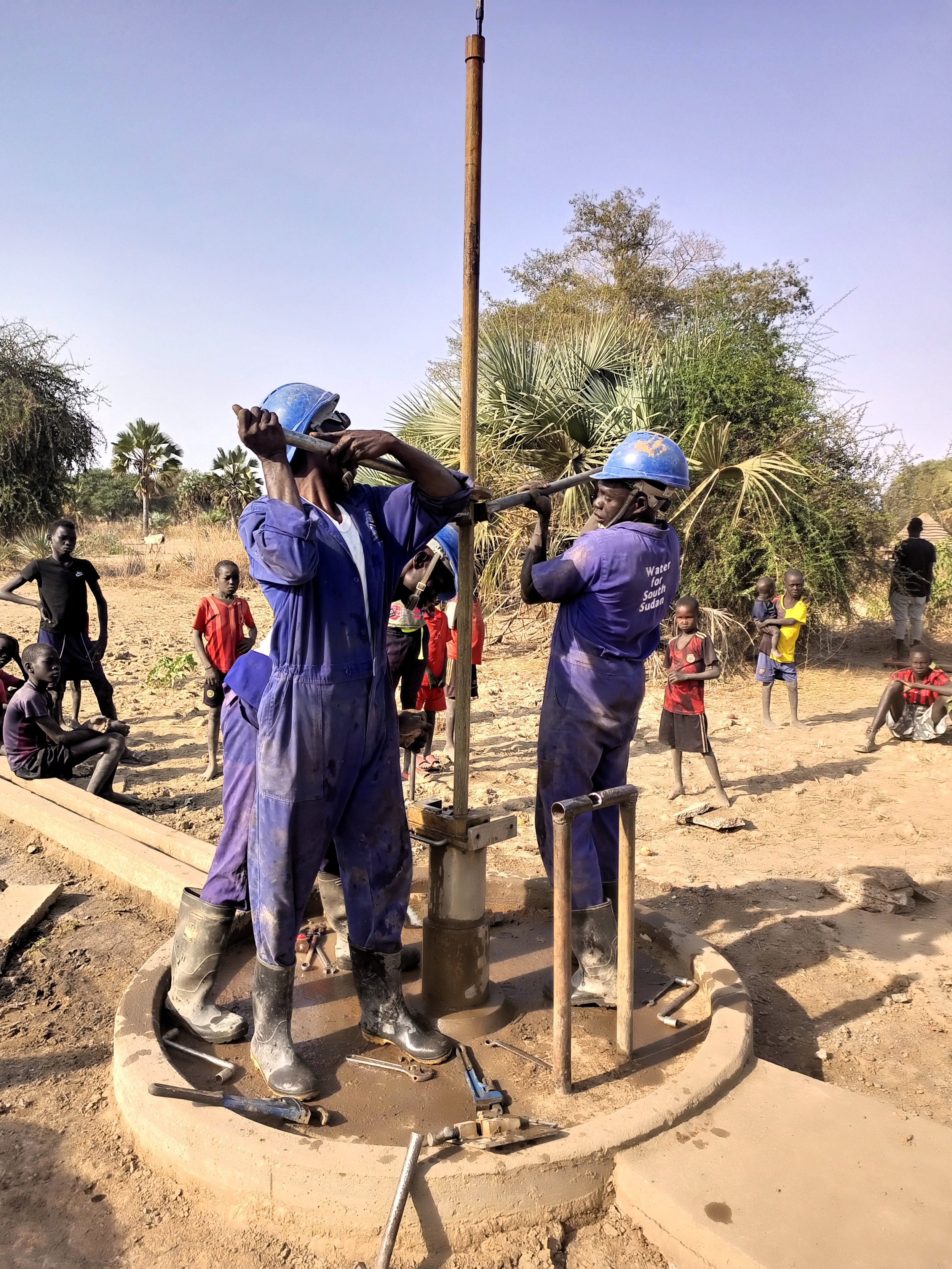
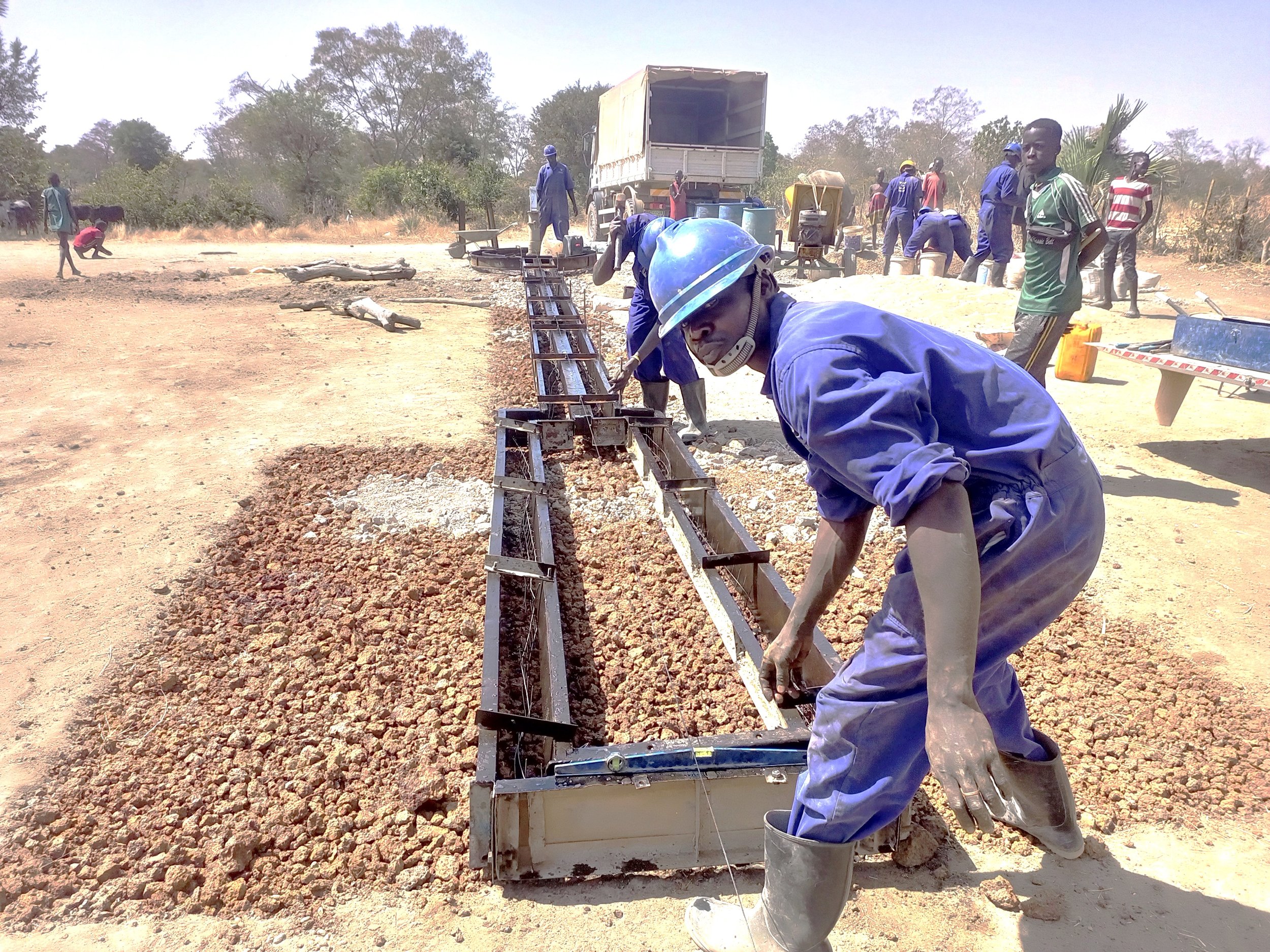
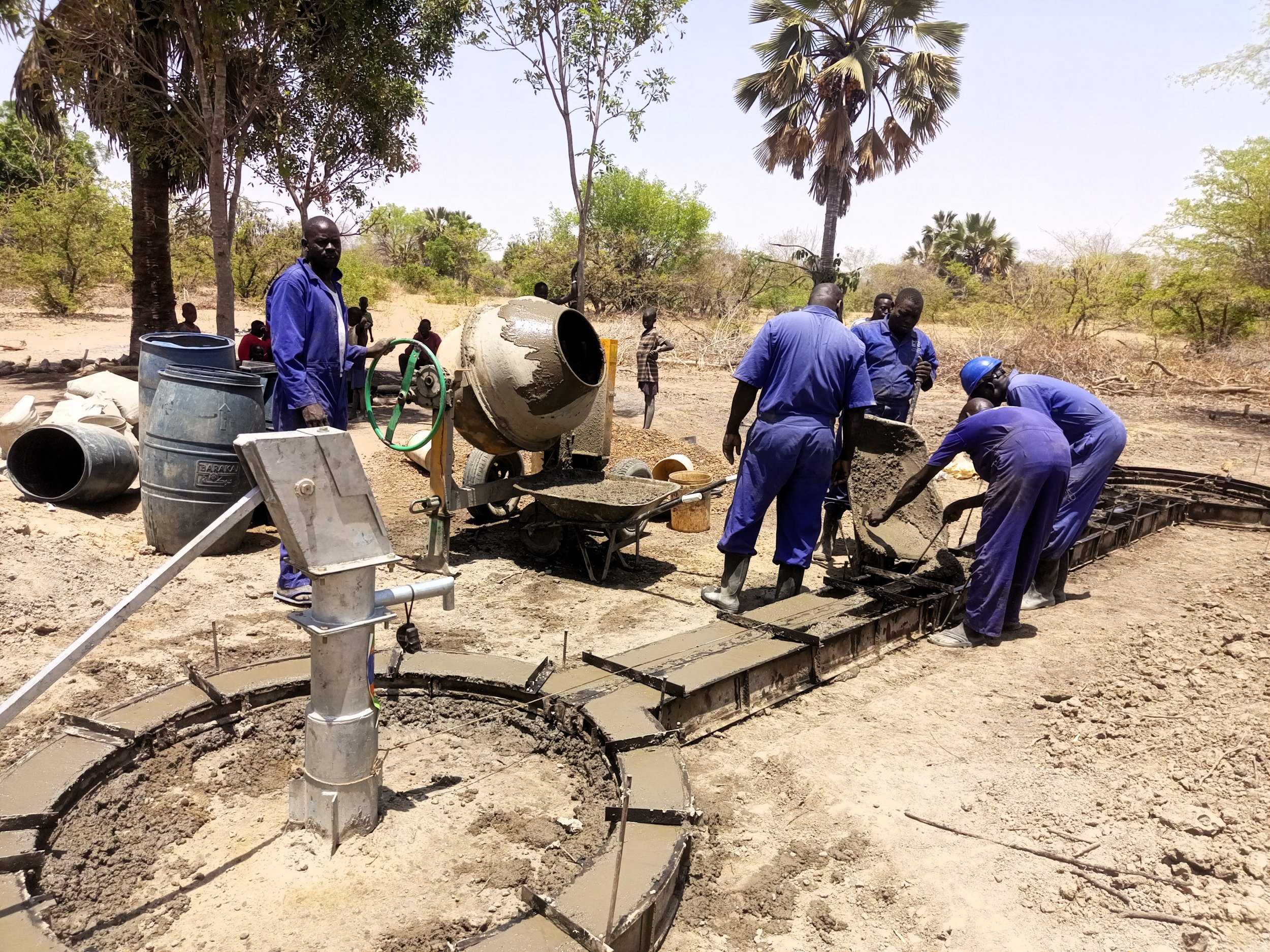
We support the United Nations Sustainable Development Goals with a focus on Goal #6 to ensure the availability and sustainable management of water and sanitation for all.
